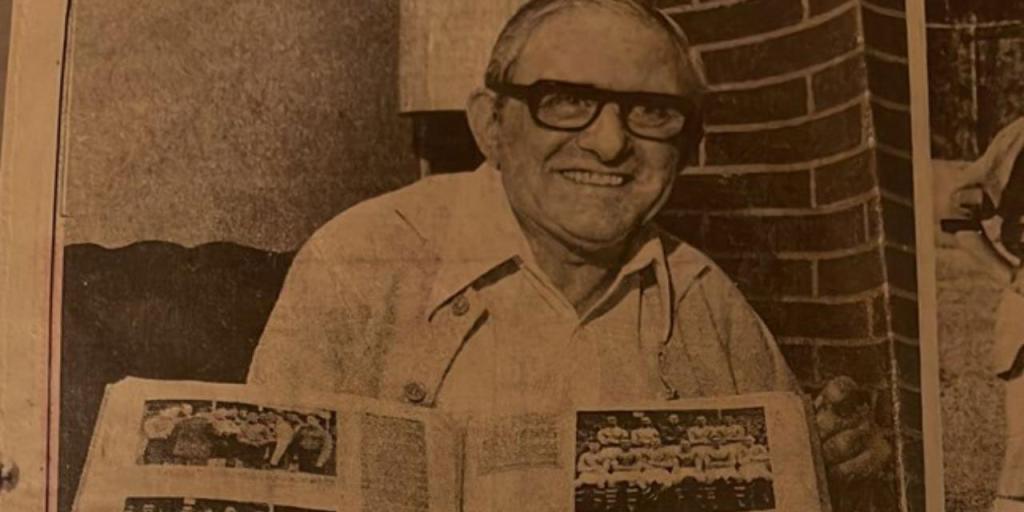Nachrichten

The newlyweds lived in east London, where Walker remained a West Ham regular until the outbreak of the Second World War saw the Football League suspended in September 1939. In its place, regional competitions were introduced, while the FA Cup was replaced by the Football League War Cup.
Walker started all seven out of eight ties as the Hammers defeated Chelsea, Leicester City, Huddersfield Town, Birmingham and Fulham to reach the final at Wembley Stadium, where he was in the team that defeated Blackburn Rovers 1-0 in front of 42,399 supporters on 8 June 1940.
He then joined the Royal Air Force and was posted to India, where he joined a Services football team with and toured alongside other professional players who had joined up, playing matches to entertain the troops on an All-India tour in 1944. At the war’s end, he returned to West Ham but, citing the strains of conflict and the the effects of the climate, he never played another Football League game for the Club. Instead, Walker returned to Margate for two successful seasons as a title-winning player-manager, then finished his career with Ashford Town and Ramsgate, while he and Joyce also ran a grocery business.
When their daughter Carole married an American airman based at RAF Manston and moved to the US, the couple decided to follow her across the Atlantic Ocean and settled in New Jersey, where Walker worked as a draftsman for electronics company Magnavox, then moved south to Jacksonville, where he worked in his son-in-law’s TV repair shop.
